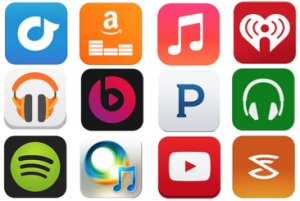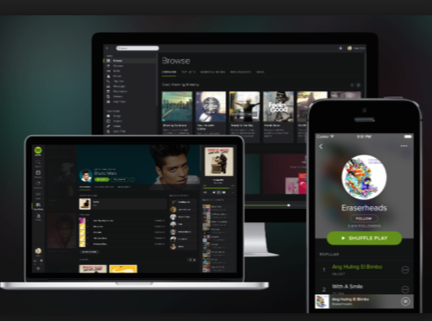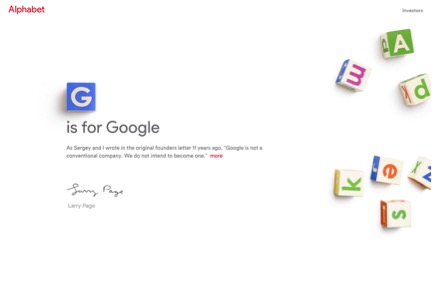Apple has undoubtedly changed the face of the tech world, and the company has cultivated a loyal following while contending against its rivals. But they’re about to put their brand positioning to the test as they introduce their newest product since the Apple Watch: the HomePod, due to release in December 2017.
The new Apple HomePod poses a challenge to other voice-controlled speakers currently on the market, like the Amazon Echo and Google Home, despite their similar functions including spatial awareness, advanced sound technology, voice recognition, and mobile apps.

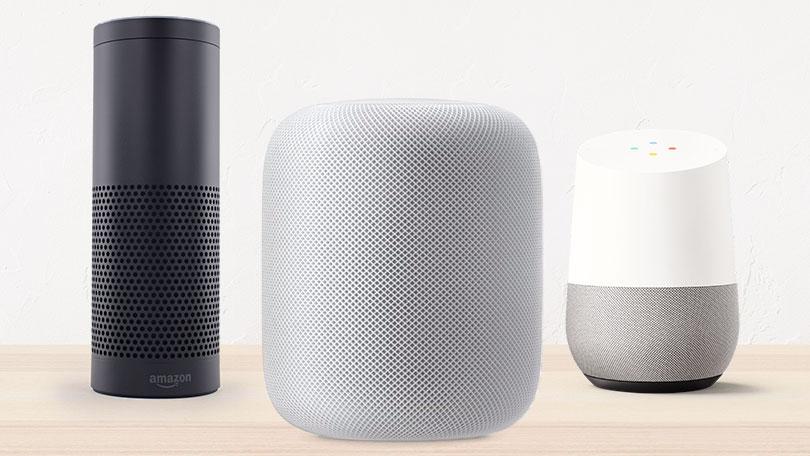
All it takes is Apple’s brand positioning and loyal cult following to set their new products apart from the competition.
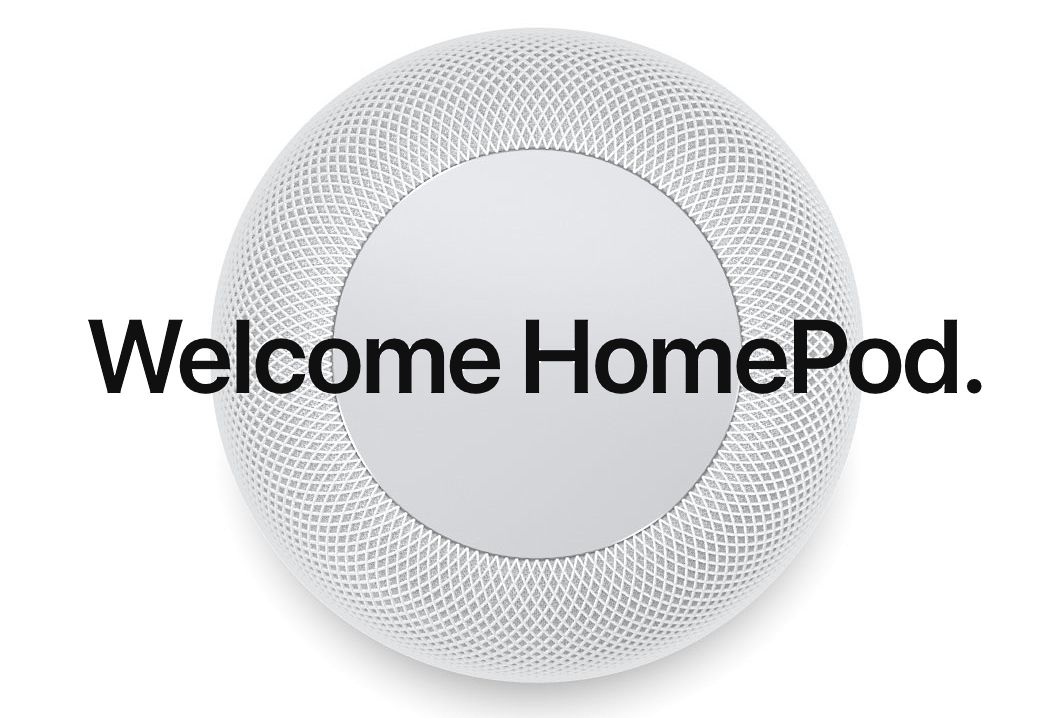
The force of Apple’s brand—arguably the supreme manufacturer of 21st century technology—significantly strengthens the appeal of the HomePod.
The HomePod’s ultimate goal (to “reinvent home music” as a “breakthrough speaker”) only bolsters Apple’s authoritative positioning, a powerful stance on the project of combining the right blend of smart speakers and good music—something that, according to Phil Schiller in a recent presentation, has not been achieved yet.
Not until the HomePod. Or is this true? By virtue of originating directly from Apple, the HomePod may seem to have certain advantages. But do all consumers believe this?

According to Schiller, Apple’s signature A8 chip also allows the HomePod to have the “biggest brain” in any speaker. However, even with the hype—the HomePods’s reception among potential customers has been lukewarm.

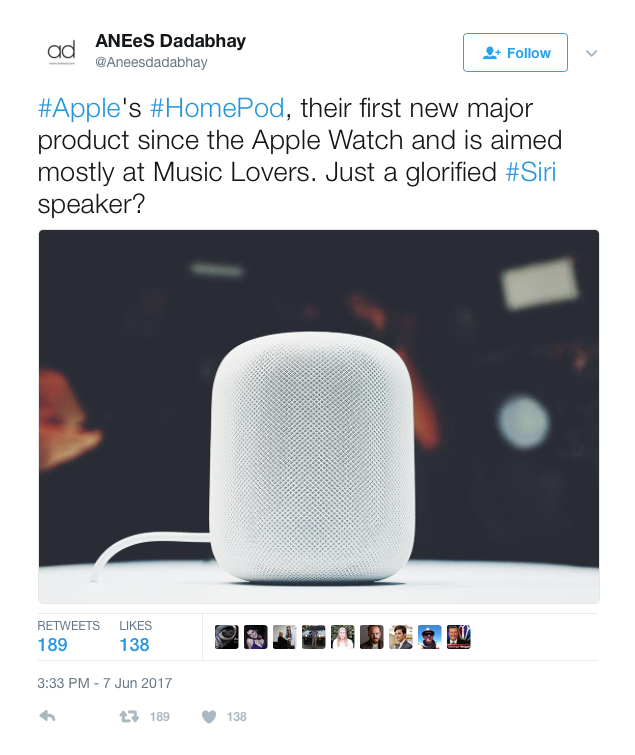
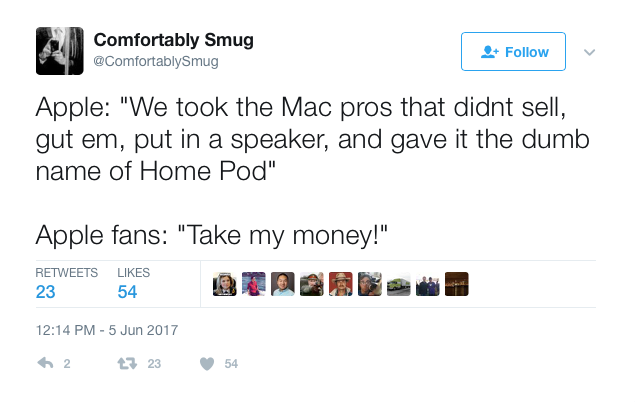
Our prediction? HomePod will be a success—but not due to its claims of breakthrough technology and features. The brand awareness of the Apple name and customer loyalty will be the true reasons behind its success.
What do you think?
Source: https://www.apple.com/homepod/

